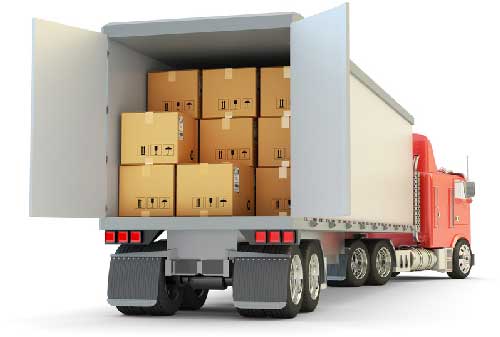Cargo Expedition: Driving International Trade and Logistics
Cargo Expedition: Driving International Trade and Logistics
Blog Article
Cargo transport plays an essential part in the facilitation of global trade through ensuring that commodities as well as materials are transported efficiently between countries and regions. As the world's economies grow more interconnected and interdependent, the demand for reliable and effective cargo transportation has been growing rapidly. From raw materials all the way to finished products, enterprises depend on cargo operations to deliver goods on time and in good working order. Whether via sea, air or by land, a cargo journeys link suppliers, manufacturers and consumers around the world. This web of logistics that is interconnected forms the basis of global trade, generating industries and helping to boost economic growth, by enabling the flow of goods seamlessly from one area to another.
One of the most important elements that make a cargo voyage successful is the variety of options for transportation to meet specific shipping requirements. Air freight, renowned for its rapidity and security can be used in a variety of cases for items that are time-sensitive or high-value such as electronics, pharmaceuticals and other fashion-related products. Ocean shipping, on the other hand, takes the lead in the movement of bulk goods, and offers cost-effective solutions for things like grain, oil and machines. Transport on land, which includes trucks and railways, plays a crucial role in the delivery of last-mile goods and regional connectivity. When you integrate these modes into multimodal transportation infrastructures, cargo expeditions maximize efficiency and reduce transit times, to ensure that the goods get there within the timeframes set by.
The logistics associated with cargo transport require careful planning as well as coordination between different parties which include freight forwarders shipping firms, customs brokers, and the end consumers. The companies must take into consideration a variety of factors like routes, transport times, the possibility of delays, customs regulations that all impact the cost overall and efficiency of the delivery. For instance, customs procedures have a crucial role to play when shipping internationally, since products must be cleared by customs prior getting into or out of a nation. A lack of documentation or failure to meet regulations can cause delays that add to expense and adding to the process. Effective cargo management needs a great deal of coordination and experience in order to handle these difficulties and guarantee timely delivery.
Sustainability has emerged as an essential aspect in the Cargo Expedition business, as environmental concerns and regulatory pressures push companies to adopt greener methods. The shift towards energy-efficient transportation options, including high-efficiency electric trucks as well as low-emission vessels is a sign of a desire to reducing the carbon footprint that logistics companies create. Recycling solutions for sustainable packaging such as waste reduction projects, and environmentally-friendly warehouses are growing in popularity among business leaders. International organizations and governments play a part in incentivizing sustainable practices through taxes, grants as well as stricter emission standards. Through a focus on sustainability and cargo operations, they are aligned with global efforts to stop environmental degradation while meeting needs of the environmentally-conscious consumer. To obtain additional details kindly visit Muat
Sustainability is now a major consideration when it comes to transporting cargo, since the logistics industry comes under growing pressure to reduce their environmental impact. Transport, especially in the maritime and air industries, contributes significantly to global carbon emissions. To combat this, many companies are adopting environmentally friendly practices for example, using environmentally friendly fuel, enhancing routes to reduce fuel consumption, and investing in energy-efficient technologies. Furthermore, a number of companies are exploring alternative methods of freight transportation, including electric trucks or even solar powered vessels, in order to decrease the carbon footprint of their operations. The increased emphasis placed on environmental sustainability during cargo journeys is a reflection of a wider trend toward environmental responsibility and the necessity to tackle the effects of climate change.
With the world becoming more interconnected, the demand for reliable and effective logistics services to transport cargo continues increase. eCommerce has changed logistics and created demands for speedier and simpler delivery processes to fulfill the requirements of consumers who demand quicker time to deliver. The rise of e-commerce globally has driven shipping firms to come up with systems that can provide more flexible delivery options, including same-day or next-day deliveries. Businesses utilize advanced technologies, including drones and autonomous vehicles, to further increase the speed and efficiency of deliveries. These innovations are transforming the way cargo is delivered to make them more effective and able to meet requirements of the modern consumer.